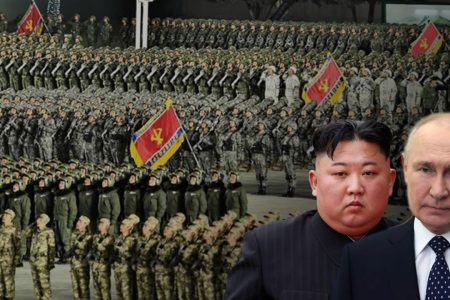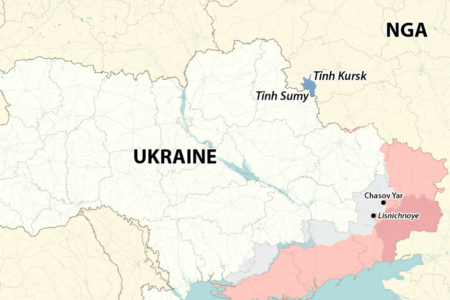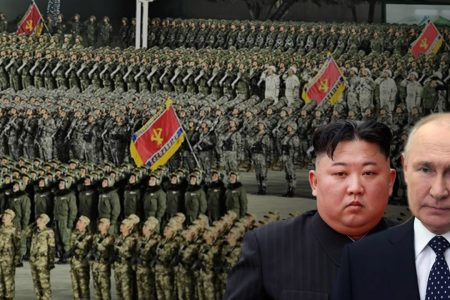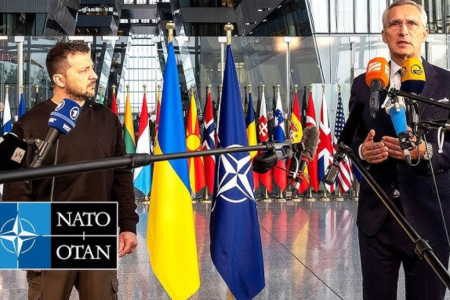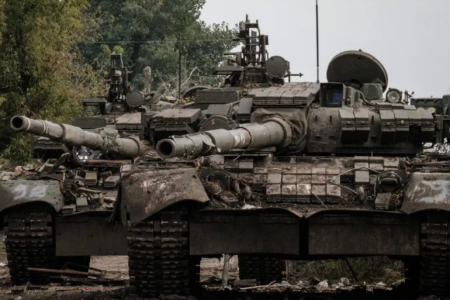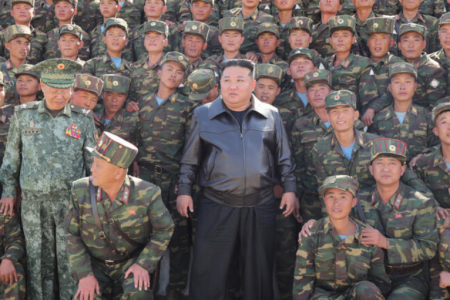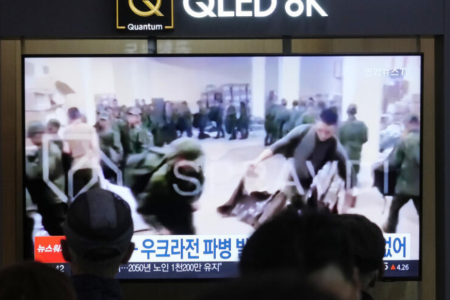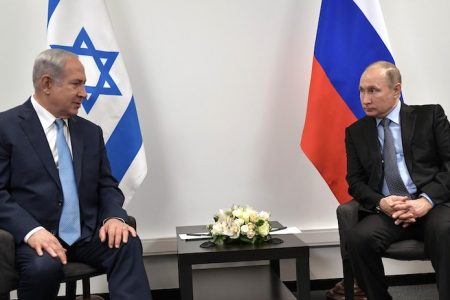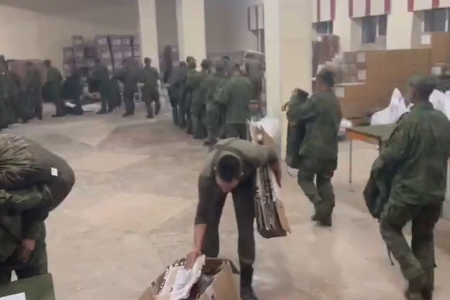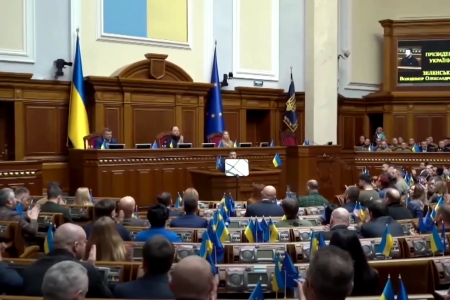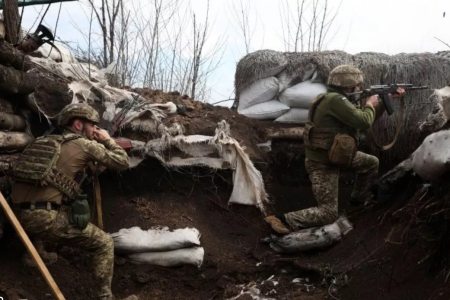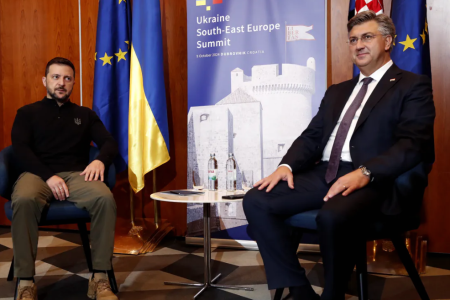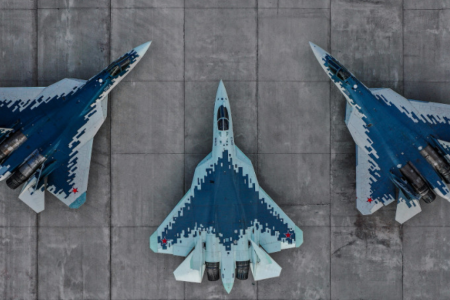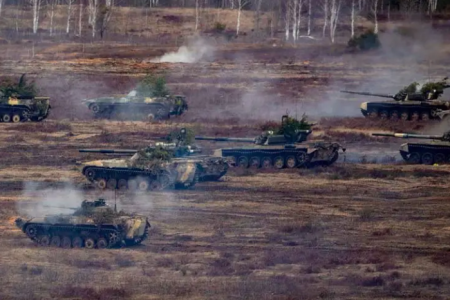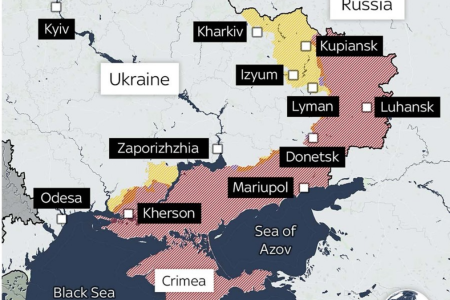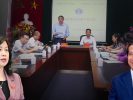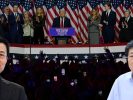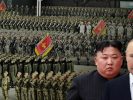
Hanoi’s strategic importance to the United States and its allies is said to have allowed the Communist Party more opportunity to silence dissidents.
With three trials of Vietnam’s most prominent human rights and land rights defenders in recent days and a campaign to crack down on dissenting voices by the Hanoi government over the past year, Vietnam’s human rights record is seen as worse than ever. According to journalist David Hutt on The Diplomat, the increase in Western trade with Vietnam has led to the deterioration of political rights in Vietnam.
In just three consecutive days on December 14-16, Vietnamese courts have sentenced Vietnam’s most famous dissident journalist, Pham Doan Trang, and two activists land rights activists Trinh Ba Phuong and Nguyen Thi Tam, as well as anti-China human rights activist, Do Nam Trung to a total 35 years in prison and 12 years of probation.
Following these convictions, Western governments, including the United States and the European Union, and many international human rights organizations condemned the Hanoi government and called for the release of those they believed to be imprisoned simply for peacefully exercising the right to freedom of expression. However, the Vietnamese government has remained silent and seems unaffected by the accusations.
Among those who have just been sentenced, the 9-year prison sentence for independent journalist Pham Doan Trang, who was awarded the Press Freedom Prize by Reporters Without Borders, has received the most attention. The US State Department, along with the UK and Canada, immediately called on the Vietnamese government to release Ms. Trang and allow all Vietnamese to freely express their views without fear of reprisal.
However, according to researcher Bill Hayton of the Chatham House Institute in the UK, who used to work as a journalist in Vietnam, this sentence is a “giant middle finger” (obscene gesture expressing contempt) of the Ministry of Public Security against those who are often critical of Vietnam’s human rights record in the United States and elsewhere.”
Ms. Trang was arrested by Ho Chi Minh City police on October 6 last year, just hours after US and Vietnamese officials met to discuss human rights and freedom of expression.
“Vietnamese leaders know they can imprison activists like Ms. Trang because Vietnam has become an important part of the strategy of outside powers in East and Southeast Asia,” said Mr. Hayton. told The Diplomat.
Vietnam in the past year became one of only two Southeast Asian countries, besides Singapore, to be visited by both US Vice President Kamala Harris and Defense Minister Lloyd Austin. These visits demonstrate the growing importance of Vietnam in the US strategy to engage with the Asia-Pacific region to counterbalance China’s growing influence. Although earlier in the year, human rights organizations repeatedly criticized the campaign to suppress, arrest and jail dissident voices before and after the 13th Party Congress in Vietnam. And after high-level visits by the US vice president and secretary of defense, the human rights situation in Vietnam is even worse.
Exclusive right
Many commentators have accused Western governments of doing nothing to confront Vietnam, which is now a close partner of the West because of its stance against China’s expansion in the South China Sea as well as its economic importance and key position in the global supply chain, about the poor human rights record of the Southeast Asian country, according to journalist Hutt.
The tacit claim many Western governments make is that as they trade more with Vietnam and make Hanoi increasingly dependent on economic links with free societies, they will have more leverage to exert influence. pressure to force the ruling Communist Party of Vietnam to reform politically. However, according to journalist Hutt in The Diplomat, so-called “change through trade” has not worked.
A report released by Amnesty International late last year suggested that there are around 170 prisoners of conscience currently incarcerated in Vietnam, a record high number in recent history, even though Hanoi has always been incarcerated denied the detention of prisoners of conscience in Vietnam. Project 88 asserts that 217 activists are currently imprisoned and 306 others are in danger. Freedom House, in the latest survey of political rights worldwide, lowered Vietnam’s score to 19/100, the second-lowest score in Southeast Asia, just behind Laos, a country also ruled by communists.
The case of Vietnam, according to journalist Hutt, shows that the US is taking a two-pronged approach. Countries that share a full or partial view of Washington’s rivalry with China, such as Vietnam, are more lenient on authoritarianism and human rights abuses than countries on the other side of the rivalry this enemy. Cambodia, which has close relations with China, is an example.
Cambodian Prime Minister Hun Sen made this point last week, and at the same time Khmer Times wrote that “the US is demanding democracy from Cambodia but has extremely friendly relations with Communist Vietnam.” Since 2017, relations between Cambodia and the US have deteriorated as Phnom Penh has become an increasingly close ally of Beijing and is accused by the US of allowing Chinese troops to station on its territory.
Mr. Hun Sen is said to be right in asking the question: Why is Cambodia punished and Vietnam is privileged? President Barack Obama in 2016 lifted the lethal arms embargo on Vietnam while earlier this month President Joe Biden imposed an arms embargo on Cambodia. According to journalist Hutt, who used to work in Phnom Penh, although Cambodia has human rights violations, Vietnam has a more authoritarian political system and is a worse human rights violator.
Mr. Hutt, also a member of the Central European Institute for Asian Affairs, said that as Vietnam becomes more and more inseparable from US strategic goals, the more Washington will ignore Vietnam’s human rights violations. In other words, if Vietnam were not an important part of the US Indo-Pacific strategy, it is hard to imagine that Washington would not be more critical of Hanoi’s repression of human rights.
Vietnam is seen as always “swinging” between the US and China when it doesn’t lean towards either side and according to journalist Hutt, Washington cannot risk promoting human rights and then “lose” Hanoi into the hands of Beijing.
Thoibao.de (Translated)
Source: https://www.voatiengviet.com/a/phuong-tay-nuong-nhe-voi-viet-nam-ve-nhan-quyen/6366284.html



